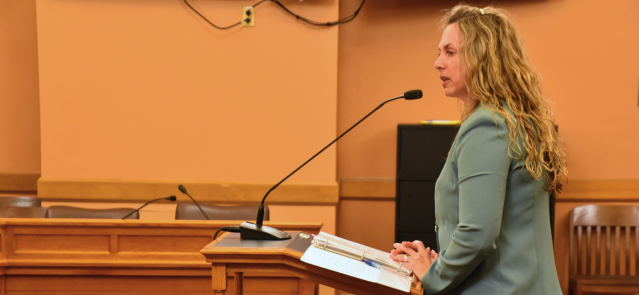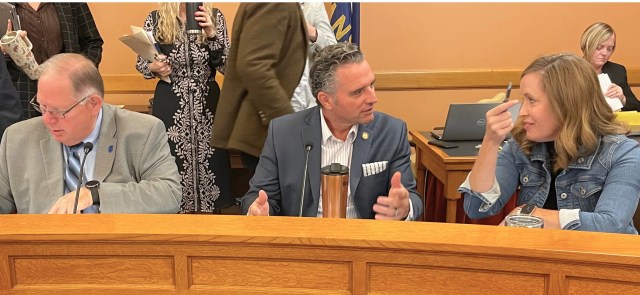A Maricopa County Superior Court Judge dismissed the complaint filed against LD15 GOP House candidate Michael Way that challenged his eligibility for office. Judge Rodrick Coffey’s ruling was submitted Friday and filed to the court’s clerk Monday morning. Coffey ruled that Arizona law precludes courts from performing duties that are expressly delegated to the Arizona Legislature, including determining the qualifications of those who are elected as legislators. “If Way is elected, it will be up to the Arizona Legislature to judge his qualifications,” Coffey wrote in his ruling. Coffey didn’t address the arguments about Way’s residency in his ruling and wrote that plaintiff Deborah Kirkland was asking for an advisory opinion on what would happen if Way is determined to be unqualified and he gets enough votes to be elected into office. The AZGOP celebrated the dismissal. “The decision upholds Way’s qualifications to serve, rebuffing baseless attacks from Democrats and their allies attempting to challenge his candidacy. But Kirkland is an LD15 GOP precinct committeewoman who supported Hoffman’s running mate, Peter Anello, in the primary election. Way’s attorney Andrew Gould told our reporter he didn’t know who was financing the lawsuit and asked Kirkland about it in court in the hopes to determine who was. Kirkland said during the evidentiary hearing she didn’t know, but Gould said that was unusual from a plaintiff in a case like this. “Sometimes in these cases there are third parties that fund because they have some political agenda. I don’t know that to be the case here but I was curious if that’s what was going on,” Gould said. “Not everyone has the money to pay for a lawsuit like this.” Way also said during the evidentiary hearing last week he believed the challenge against him was organized by the Freedom Caucus because a Freedom Caucus leader in North Carolina had called for an investigation into Way’s voting record. “This is going to be a very tight election for the legislature, and this type of baseless attack at the 11th hour that really is barred by the law is troubling,” Gould said. “For Republicans, it jeopardizes their majorities in the legislature.”
Stay ahead of the curve as a political insider with deep policy analysis, daily briefings and policy-shaping tools.
Request a Demo



